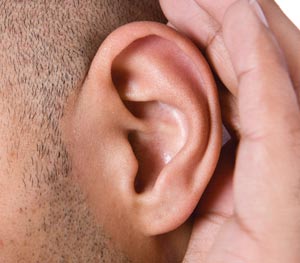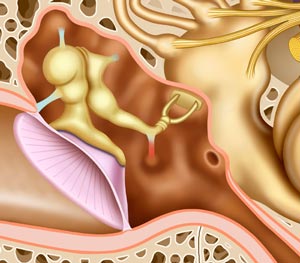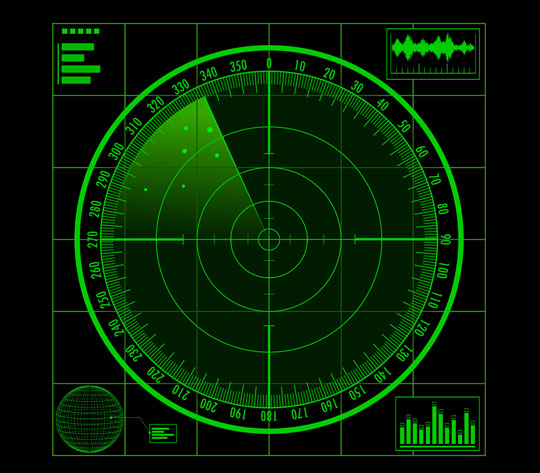Hearing involves an elaborate partnership between our brains, our ears and the outside world. Each of these individual elements act like links in a chain. So the overall effectiveness of our hearing depends on the strength of each of those links.
To maximise our own hearing and listening potential we always want to be sure there are no weak links in our own hearing chain. The simplest and most effective way to do this is with routine checks ups by your audivisor.
As you look at the different links shown below, notice how some depend more on some links than others? For example, our ears act as a bridge between the outside world and our brains. Without this crucial link to make the sound accessible in the first place, many of our hearing skills would be useless.
Notice too that some of the links can be stengthened more easily to improve our overall audicity? For example, we can adjust the environment by reducing the distance between ourselves and the sound we want to hear. Or we can utilise superior hearing technology to enhance speech and reduce interference from noise.



















